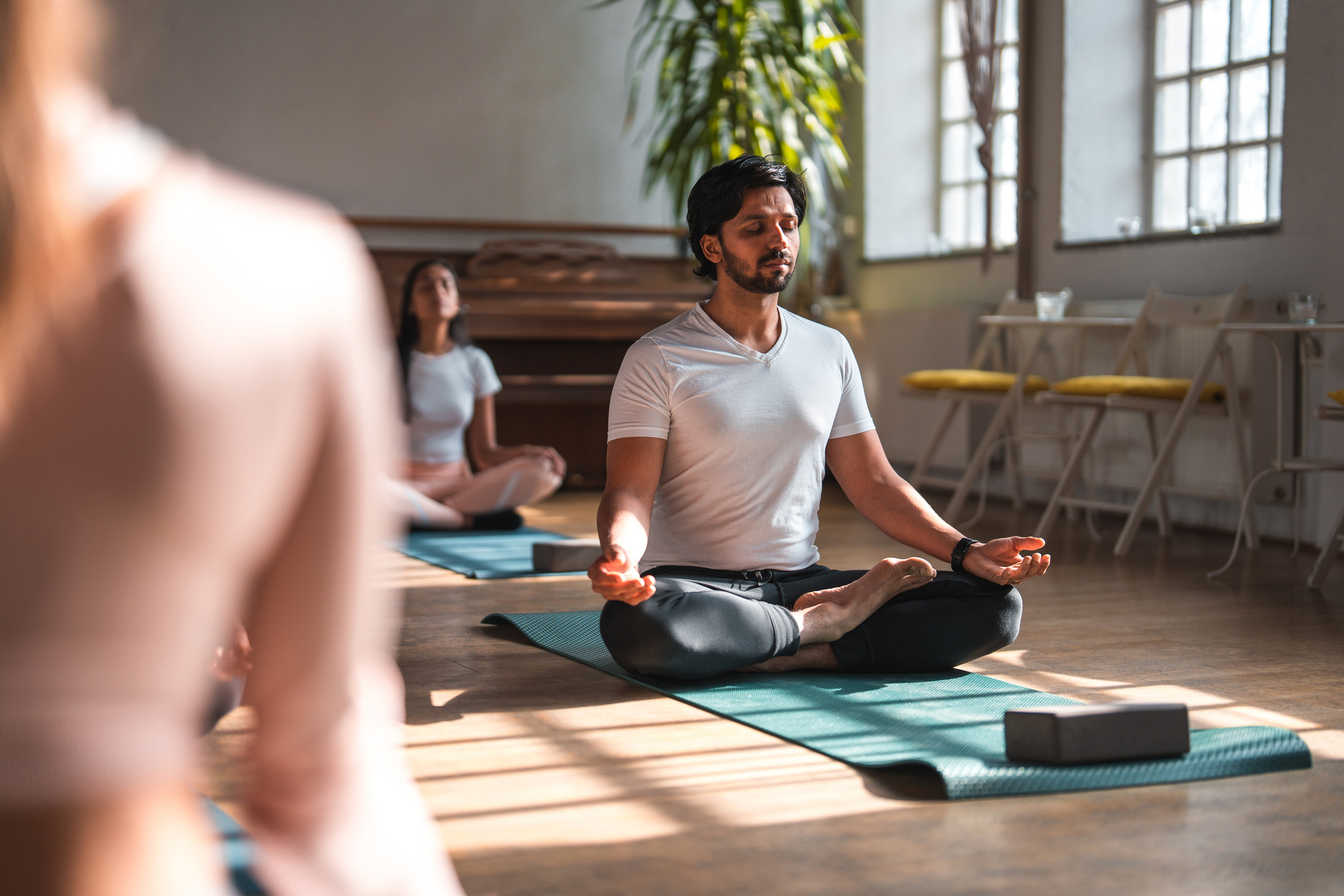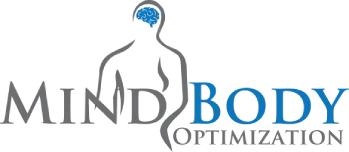Addressing Excoriation Disorder in Substance Abuse Treatment
Our Approach to Your Healing
Struggling with both excoriation disorder and addiction can feel like an uphill battle. The conditions are often intertwined, worsening each other and making recovery more challenging.
At Mind Body Optimization (MBO), we dedicate ourselves to equipping people with tools, knowledge, and support needed for sustainable recovery.
Our approach integrates physical, emotional, and spiritual health for a whole-person recovery experience. We stress this connection — because neglecting one aspect can impede progress elsewhere.
We delve into the root causes of behaviors, provide tailored therapies, and strive to break the cycle of compulsion and addiction. This paves the path for healing and self-discovery.

Understanding Excoriation Disorder and Addiction
How Excoriation Disorder Can Lead to Addictive Behaviors
Just as with substance abuse, someone might find themselves picking at their skin more often or intensely to achieve the same level of relief or satisfaction. This cycle can lead to physical harm and emotional distress, further entrenching the behavior.
The Cycle of Co-Occurring Excoriation Disorder and Addiction
Substance use disorder (SUD) often co-occurs with excoriation disorder. People might turn to substances as a way to cope with the discomfort and embarrassment caused by skin picking.
The substances could increase impulsivity, making it harder to resist picking. This forms a cycle where substance use and skin picking worsen each other, creating addiction and compulsive behavior.
Why Seek Treatment for Excoriation Disorder and Addiction?
Mental Health
Struggling with excoriation disorder and addiction can lead to feelings of shame, embarrassment, and isolation.
People might avoid social situations or activities they once enjoyed because of the visible marks on the skin or the fear of being judged. This withdrawal can fuel feelings of depression and anxiety, making it harder to break the addictive behavior.
Self-Esteem
Daily Functioning
Physical Consequences
Our Approach to Treating Excoriation Disorder and Addiction
Holistic View of Mental Health
Individualized Wellness Plans Tailored for Excoriation Disorder and Addiction
Integration of Evidence-Based Practices and Alternative Therapies
Techniques and Therapies Offered for Excoriation Disorder and Addiction
Cognitive-Behavioral Therapy (CBT)
At Mind Body Optimization, we use CBT as a key part of our treatment program for people struggling with excoriation disorder and addiction. CBT is a type of therapy that helps people understand how thoughts and feelings affect behaviors.1
It’s great for compulsive behaviors, as it targets and changes negative thought patterns that drive skin picking. In sessions, clients work with a therapist to uncover triggers for skin-picking. Together, they create coping strategies.
This involves:
- Recognizing picking cues
- Finding other activities to replace picking
- Using relaxation for stress
Mindfulness and Meditation Practices
These practices boost self-awareness and cultivate calmness, benefiting those dealing with excoriation disorder and addiction.
Guided meditation and mindfulness exercises help people learn how to observe thoughts and feelings without acting on them. This can be particularly helpful for controlling the urge to pick at the skin.
Mindfulness practices also teach people how to deal with stress and anxiety in a more constructive way. This reduces the likelihood of turning to skin picking or substance use as a coping mechanism.
Yoga
Yoga combines physical postures, breathing exercises, and meditation to promote mental and physical well-being. It not only helps with stress reduction but also increases body awareness.2
Through yoga, people can become more in tune with their body and its needs, recognizing when tension builds up and learning how to release it.
This can be beneficial for those struggling with excoriation disorder and addiction as they often use negative coping mechanisms to deal with uncomfortable feelings in the body.
Movement Therapies
Nutritional Counseling (Coming Soon)
- Stabilize mood
- Boost energy levels
- Enhance cognitive function
Support Groups and Community Engagement
- Express emotions
- Celebrate achievements
- Gain insights from others’ experiences
The Journey to Recovery from Excoriation Disorder and Addiction
Dual Diagnosis Complexity
People struggling with both excoriation disorder and addiction deal with a dual diagnosis, which complicates treatment. Each condition can worsen the other. Research indicates that people with a dual diagnosis need specialized, integrated treatment plans for effective recovery.
At MBO, we tailor our approach to meet these complex needs, ensuring that both conditions are treated at the same time with a cohesive strategy.
Social Stigma and Isolation
Relapse
The Pillars of Long-Term Wellness
Ongoing Support for Sustained Healing
- Therapy sessions: Regular check-ins with a therapist can help address any emerging issues, reinforce coping strategies, and provide professional guidance.
- Mentoring programs: Having a mentor who has successfully maintained long-term recovery can offer invaluable support and guidance. They can share their experiences and provide practical tips for navigating challenges.
- Family and friends: Surround yourself with a positive support system of loved ones who understand your journey and are there to help you when times get tough. At MBO, we also have family therapy programs to equip your loved ones with the tools and knowledge to support you in your recovery process.
- Online support groups: Virtual support groups offer convenience and access to a wide range of people sharing similar experiences. You can participate from the comfort of your own home and connect with others who understand what you’re going through.
Self-Care for Sustainable Recovery
- Physical self-care: Engage in regular exercise, eat balanced meals, and get enough sleep to promote health and reduce stress.
- Mental self-care: Practice mindfulness and relaxation techniques such as meditation or yoga to manage anxiety and cope with triggers.
- Emotional self-care: Develop healthy coping mechanisms and set boundaries to manage emotional stress. Seek support from a therapist or support group when needed.
- Avoiding high-risk situations: Identify and avoid situations that may trigger urges to engage in addictive behaviors. It’s important to be aware of your personal triggers and develop strategies for managing them.
- Healthy hobbies and activities: Engage in hobbies and activities that bring you joy and satisfaction. This can include anything from painting to hiking, as long as it promotes positive self-expression and relaxation.
Getting Started with Excoriation Disorder and Addiction Treatment at Mind Body Optimization
Contacting Us Directly
- Answer your questions
- Provide information about our services
- Guide you through the process of scheduling your first appointment
Online Inquiry
Visit Us
What to Expect During Your First Consultation
- Ask questions
- Express any fears or reservations
- Get a sense of what your treatment plan might look like
Privacy and Confidentiality
Next Steps
Insurance
Mission and Values
We base our approach to excoriation disorder and addiction on core values.
These values guide all our work and include:
- Integrity: We commit to honesty and ethical practice in all our interactions. Trust is the foundation of effective treatment, and we strive to build that trust from your first contact with us.
- Autonomy: We respect your autonomy and right to choose. Our treatment plans are collaborative, ensuring that you have a voice in your care and recovery journey.
- Community: We believe in the power of shared experiences and support, offering a network of care that extends beyond our walls.
- Validation: Your feelings and experiences are valid. We provide a validating environment where you can express yourself freely and be heard without judgment.
- Bravery (Humility): We recognize the courage it takes to seek help and the humility it takes to grow.
- Empowerment: Through education, support, and personalized care, we aim to equip you with the tools and confidence needed for lasting recovery.

The Path to Holistic Recovery
The MBO Difference
- Physical health
- Emotional resilience
- Mental clarity
Our team at Mind Body Optimization creates a personalized healing journey for you, addressing the underlying causes and empowering you towards lasting recovery.
Start Your Journey Today
Take the first step toward holistic recovery and contact us today to learn more about our treatment programs for excoriation disorder and addiction.
Resources
- https://www.ncbi.nlm.nih.gov/books/NBK279297/
- https://www.ncbi.nlm.nih.gov/pmc/articles/PMC3193654/
- https://psyche.co/ideas/how-a-feeling-that-you-belong-could-protect-your-mental-health
- https://www.nimh.nih.gov/health/statistics/mental-illness
- https://nida.nih.gov/publications/drugs-brains-behavior-science-addiction/treatment-recovery





